Summaries of books about Economics:

Buy Now
How Amazon Branded Convenience and Normalized Monopoly
Emily West
The book critically examines Amazon's rise to dominance in the retail sector, exploring how the company has redefined convenience and consumer expectations while raising concerns about its monopolistic practices. It delves into the implications of Amazon's business model for competition, labor, and the broader economy, questioning the societal costs of its success.
See full summary
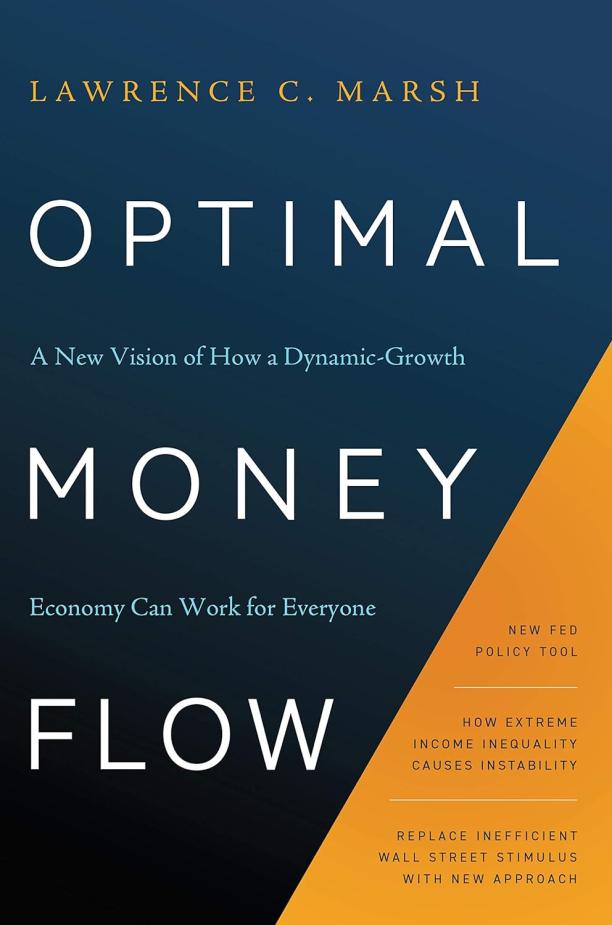
Optimal Money Flow
A New Vision of How a Dynamic-Growth Economy Can Work for Everyone
Lawrence C. Marsh
The book presents a critique of current economic systems and proposes a new framework aimed at achieving dynamic growth that benefits all members of society. It discusses the concept of "Optimal Money Flow," which emphasizes the importance of money circulation and equitable distribution to ensure a healthy, sustainable economy.
See full summary

Value Creation Principles
The Pragmatic Theory of the Firm Begins with Purpose and Ends with Sustainable Capitalism
Bartley J. Madden
The book presents a framework for understanding how companies create value by focusing on the purpose of the firm and the importance of knowledge-building to drive innovation and long-term growth. It advocates for sustainable capitalism by emphasizing the role of corporate governance and decision-making processes that align with the long-term interests of all stakeholders.
See full summary

The Economic Naturalist's Field Guide
Common Sense Principles for Troubled Times
Robert H. Frank
The book presents a collection of essays that explore economic principles through real-world examples, illustrating how understanding economics can help make sense of complex societal issues. It delves into topics such as the importance of context in economic decisions, the role of luck in success, and the impact of individual choices on the broader economy.
See full summary
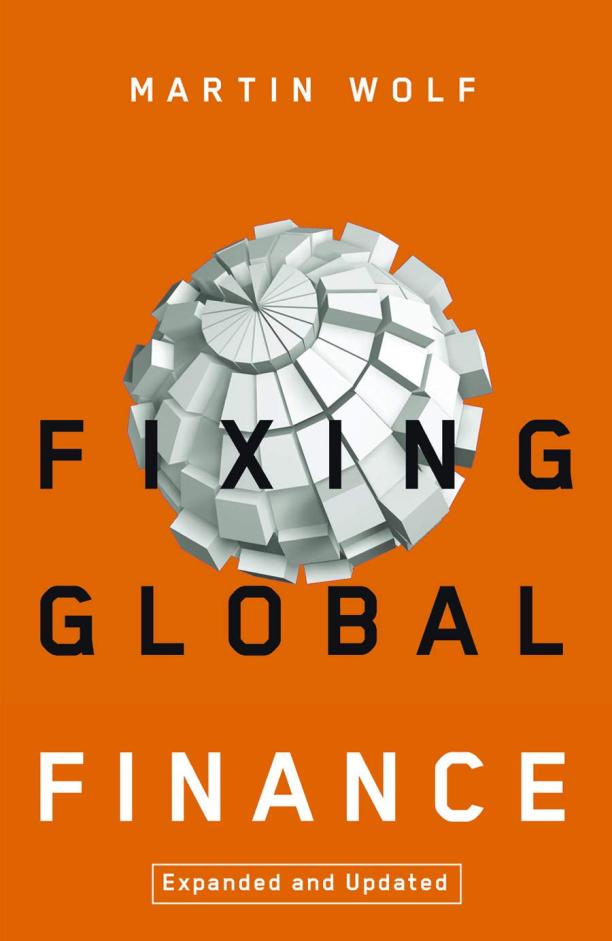
Fixing Global Finance
Martin Wolf
The book analyzes the vulnerabilities and imbalances in the global financial system that led to financial crises, particularly the 2007-2008 crisis. It offers insights into how international finance operates, critiques the roles of key institutions, and proposes reforms to stabilize and improve the global financial architecture for sustainable economic growth.
See full summary
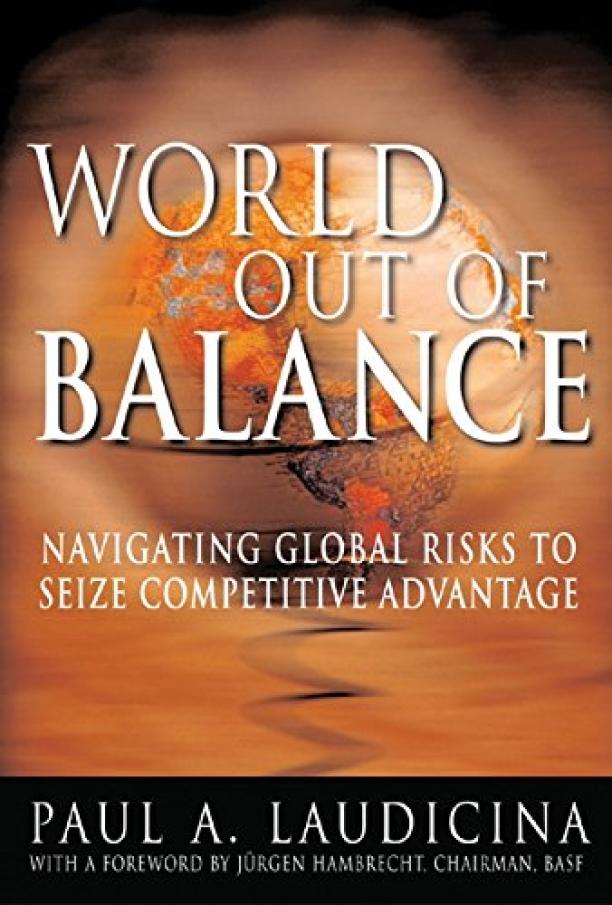
World Out of Balance
Navigating Global Risks to Seize Competitive Advantage
Paul A. Laudicina
The book examines the volatile global business environment shaped by geopolitical tensions, economic shifts, and technological advancements. It provides strategies for companies to navigate these uncertainties and leverage them for competitive advantage.
See full summary
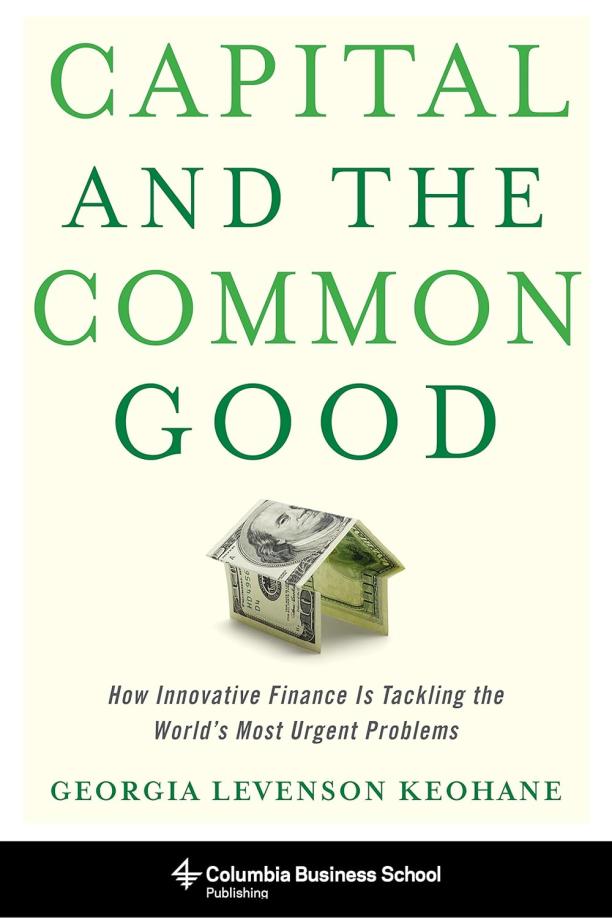
Capital and the Common Good
How Innovative Finance Is Tackling the World's Most Urgent Problems
Georgia Levenson Keohane
The book explores how innovative financial tools and strategies are being used to address global challenges such as poverty, climate change, and health crises. It examines case studies and the roles of public and private sectors in leveraging capital for social impact, highlighting the potential for finance to serve the public interest.
See full summary
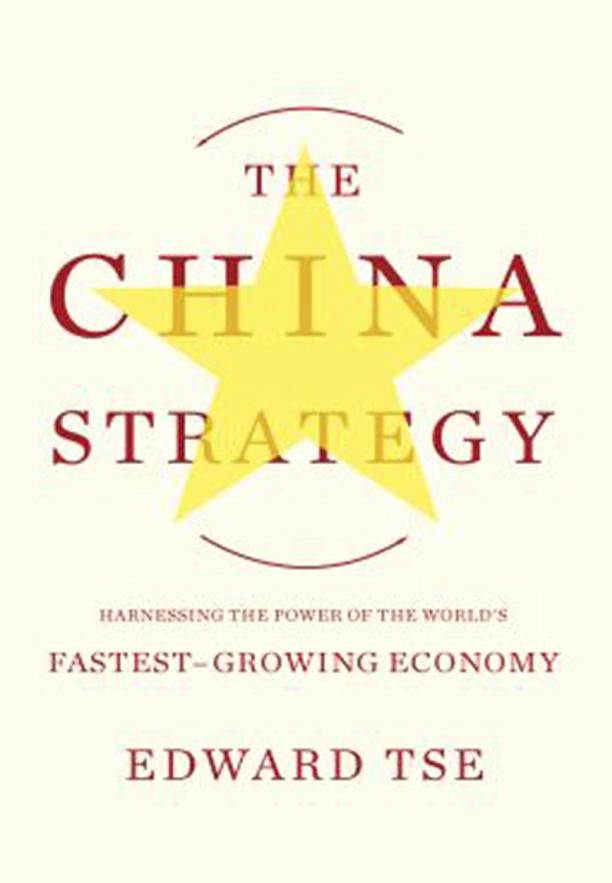
The China Strategy
Harnessing the Power of the World's Fastest-Growing Economy
Edward Tse
The book provides insights into China's rapidly evolving market and economic landscape, offering strategies for businesses to capitalize on the growth opportunities presented by the Chinese economy. It discusses adapting to local competition, understanding Chinese consumer behavior, and navigating the complexities of government relations and cultural differences.
See full summary
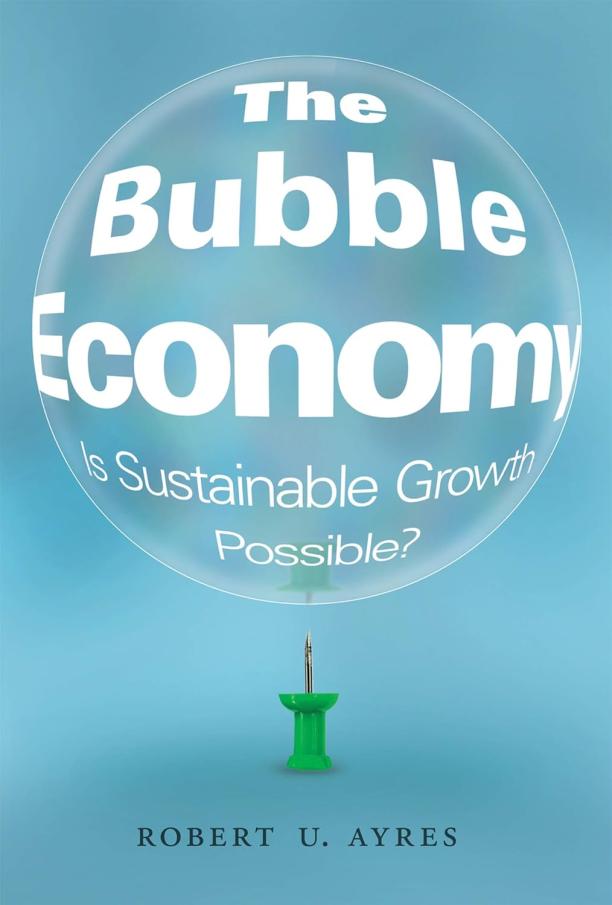
The Bubble Economy
Is Sustainable Growth Possible?
Robert U. Ayres
The book examines the unsustainable nature of the current economic system, which is heavily reliant on finite resources and credit expansion, leading to recurring financial bubbles. It explores the possibility of transitioning to a more sustainable growth model by addressing environmental constraints and advocating for systemic economic reforms.
See full summary
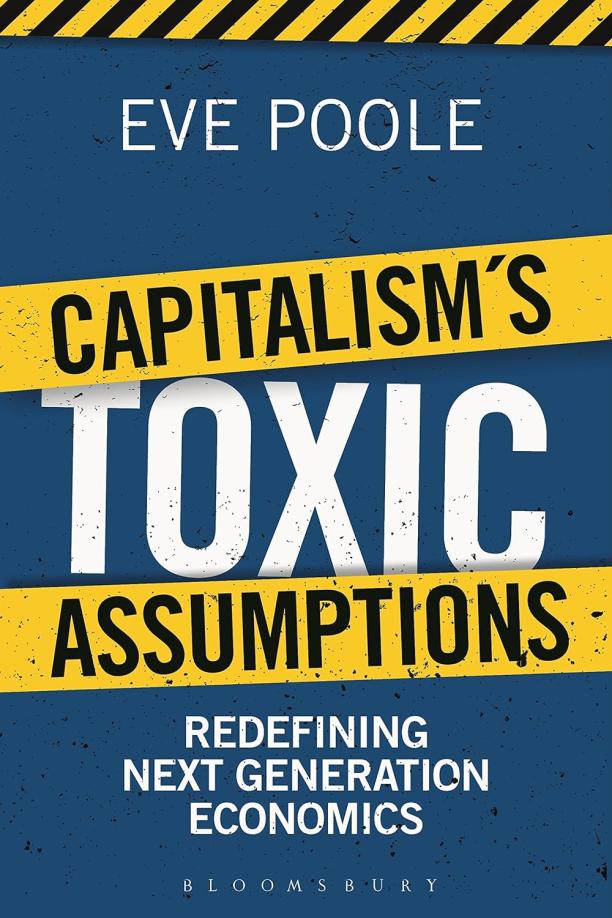
Capitalism's Toxic Assumptions
Redefining Next Generation Economics
Eve Poole
The book challenges the fundamental assumptions underpinning traditional capitalist economics, such as the rationality of markets and the primacy of shareholder value. It proposes a reimagined economic system that emphasizes sustainability, ethical considerations, and long-term thinking over short-term profit maximization.
See full summary